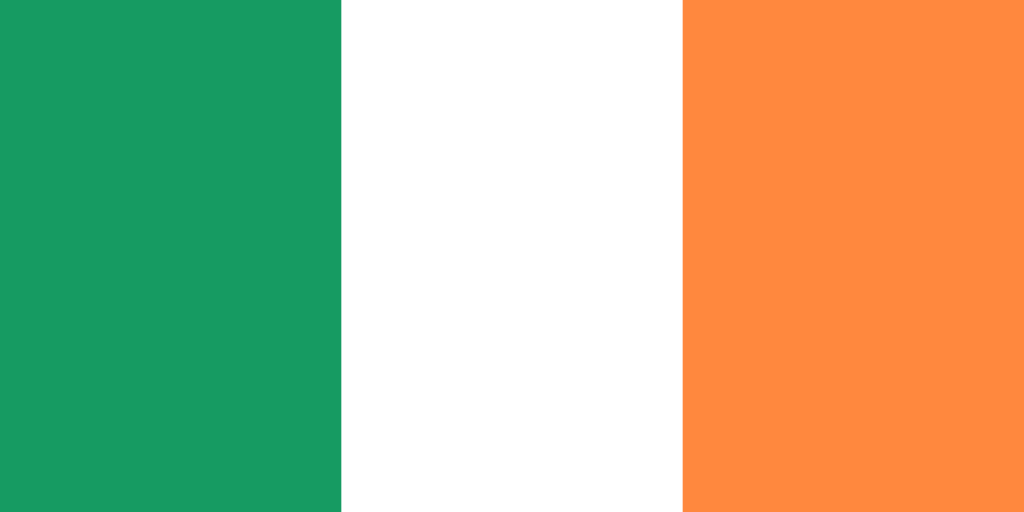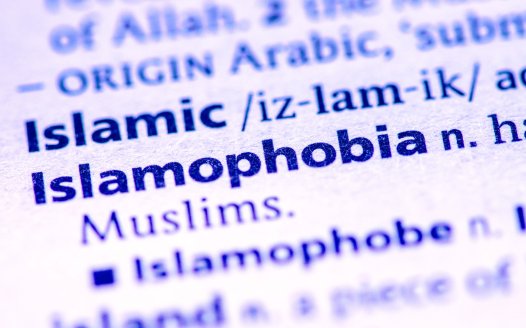Ireland set to hold blasphemy referendum on 26 October
Posted: Wed, 19th Sep 2018
The National Secular Society has said Ireland's impending referendum on its blasphemy law should prompt "global action in defence of free speech on religion".
On Tuesday evening the Dail, the lower house of the Oireachtas (Ireland's parliament), ratified a proposal to hold a referendum on the issue on Friday 26 October. The decision passed through the house unopposed.
The upper house, the Seanad, passed the legislation on Thursday.
Currently Article 40.6.1°.i of Ireland's constitution says: "The publication or utterance of blasphemous, seditious, or indecent matter is an offence which shall be punishable in accordance with law". The referendum will propose removing the word "blasphemous" from that article.
The minister for justice Charlie Flanagan said while the offence remained in the constitution, Ireland would be seen as keeping "company with those who do not share the fundamental values we cherish such as belief in freedom of conscience and expression".
NSS chief executive Stephen Evans urged Ireland to "take a stand for free speech" when the referendum takes place.
"Repealing the reference to blasphemy from Ireland's constitution would be a welcome declaration of Ireland's changing attitude to religious privilege and a statement of support with free thinkers globally.
"Ireland's referendum should prompt global action in defence of free speech on religion. It should send a message to the rest of the world: offending religious sensibilities is not a crime, and the world will not tolerate those who persecute people for their thoughts and words."
The NSS has campaigned for the repeal of blasphemy laws since its founding in 1866 and was instrumental in their repeal in England and Wales in 2008. Earlier this year the Scottish National Party committed to repealing Scotland's blasphemy laws.
The last recorded prosecution for blasphemy in Ireland was in 1855, although last year Irish police launched an investigation into the actor Stephen Fry over comments he made insulting God.
Fry was investigated under Ireland's Defamation Act 2009, which says a person "who publishes or utters blasphemous matter" is liable to be fined up to €25,000.
Dermot Ahern, the minister for justice at the time, has since said he included the line about blasphemy because the constitution required it.
He added that the government at the time included many "hurdles" to prevent prosecutions. The act says those prosecuted will be able to defend themselves successfully if "a reasonable person would find genuine… value in the matter to which the offence relates".
Last year a US government report found laws restricting freedom of expression on religious issues in 71 countries, without including Scotland. And in December the 2017 Freedom of Thought Report, from the International Humanist and Ethical Union (IHEU), said free thought on religious issues was in "a pattern of regression on a global scale".
The IHEU report said persecution of the non-religious was increasing and 85 countries – more than four in ten of the world's total – 'severely' discriminated against non-religious individuals. In 30 of these countries, the violations were 'grave'.
Ireland's referendum is now set to take place on the same day as Ireland's presidential election. A referendum on a constitutional reference to a woman's place in the home, which was expected to take place at the same time, has been delayed.
The Irish government confirmed in June that the blasphemy referendum would take place.
While you're here
Our news and opinion content is an important part of our campaigns work. Many articles involve a lot of research by our campaigns team. If you value this output, please consider supporting us today.








